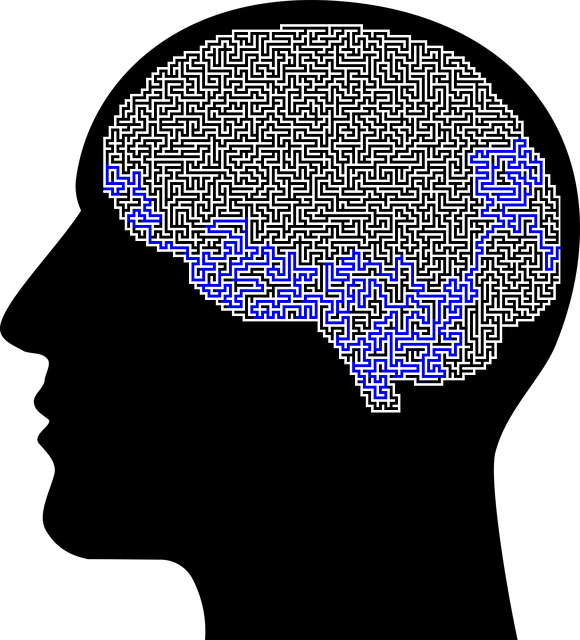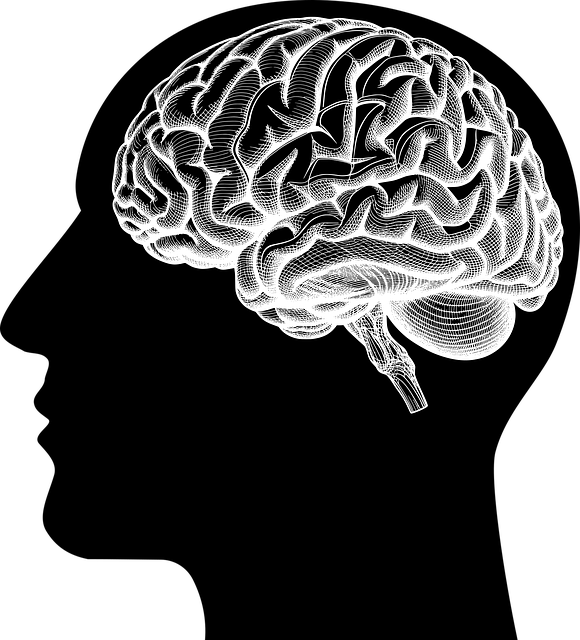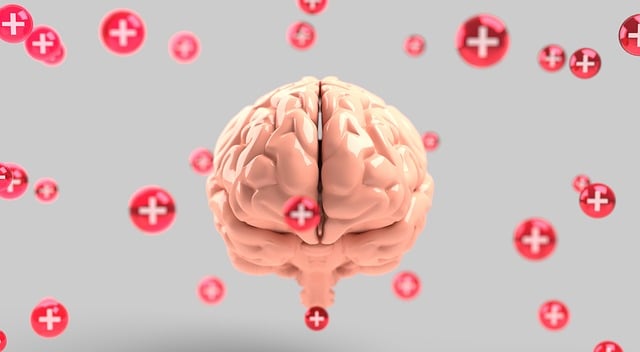Centennial Terminal Illness Therapy (CTIT) is a specialized crisis intervention approach, addressing physical and psychological aspects of terminal illnesses. CTIT uses evidence-based methods like risk assessments and compassion cultivation to stabilize individuals through immediate relief techniques. It equips patients with coping strategies for emotion management, fosters open communication, and promotes holistic care tailored to individual needs and cultural sensitivity. Post-crisis, CTIT supports long-term recovery by addressing existential fears, setting goals, building support networks, and promoting resilience, ultimately enhancing care quality and empowering patients during challenging times.
In times of crisis, effective intervention strategies are paramount. This article guides you through a comprehensive approach to managing critical situations, focusing on Centennial Terminal Illness Therapy as a cornerstone. We’ll explore understanding crisis intervention, its unique role in terminal illness care, and practical techniques for assessment, stabilization, short-term relief, and long-term recovery planning. By integrating these strategies, professionals can offer crucial support during challenging times.
- Understanding Crisis Intervention: A Brief Overview
- The Role of Centennial Terminal Illness Therapy
- Assessment and Stabilization Techniques
- Short-Term Strategies for Immediate Relief
- Long-Term Support and Recovery Planning
Understanding Crisis Intervention: A Brief Overview

Crisis intervention is a critical component of mental health support, designed to provide immediate assistance and stabilise individuals facing severe distress or impending crises. It involves a range of strategies aimed at assessing, managing, and preventing potential harm. When a person experiences a traumatic event or faces a significant challenge, such as a terminal illness, crisis intervention offers a lifeline. This approach is particularly essential in healthcare settings, especially when dealing with complex cases that require delicate handling.
Centennial Terminal Illness Therapy, for instance, focuses on supporting patients and their families during the end-of-life journey. Effective crisis intervention strategies here may include thorough risk assessments for mental health professionals to identify potential suicidal ideation or self-harm. Building empathy and cultural competency through training is vital; it enables healthcare providers to offer tailored care that respects individual and cultural beliefs, enhancing the overall therapeutic process.
The Role of Centennial Terminal Illness Therapy

Centennial Terminal Illness Therapy plays a pivotal role in crisis intervention strategies, offering specialized support for individuals facing the profound challenges of terminal illnesses. This therapeutic approach recognizes that managing such conditions not only involves addressing physical symptoms but also providing emotional and psychological relief. Through compassionate and skilled guidance, therapists help patients navigate the complex landscape of their health, fostering mental health awareness and stress management techniques tailored to their unique circumstances.
By integrating Centennial Terminal Illness Therapy into crisis intervention protocols, healthcare professionals can ensure that trauma support services are comprehensive and sensitive to the specific needs of individuals grappling with terminal diagnoses. This holistic approach not only enhances the quality of care but also empowers patients to find solace, hope, and a sense of agency during one of life’s most challenging periods.
Assessment and Stabilization Techniques

In crisis intervention, assessment and stabilization techniques are paramount to ensuring the immediate safety and well-being of individuals in distress. The initial steps involve a thorough evaluation of the situation, focusing on identifying potential risks and assessing the person’s mental state. This may include recognizing signs of psychological distress, such as acute anxiety or mood swings, which can be addressed through evidence-based practices like compassion cultivation techniques. By fostering a sense of compassion towards oneself and others, individuals can develop coping strategies to manage overwhelming emotions effectively.
Centennial Terminal Illness Therapy emphasizes the importance of these assessment methods in providing effective crisis guidance. Through careful observation and active listening, therapists or caregivers can stabilize the individual by creating a safe, supportive environment. This process often involves calming techniques, such as deep breathing exercises, to reduce anxiety relief and promote a sense of calm. Mood management strategies are also integral to this stage, aiming to prevent escalation and encourage a more positive outlook, ultimately paving the way for further therapeutic interventions.
Short-Term Strategies for Immediate Relief

In moments of crisis, providing immediate relief is paramount. Short-term strategies play a crucial role in stabilizing individuals and offering much-needed respite. One effective approach is Centennial Terminal Illness Therapy, which focuses on helping individuals cope with the emotional weight of their situation while ensuring their physical comfort. This therapy provides tools for relaxation and stress management, enabling folks to navigate intense emotions. By fostering open communication, mental health professionals can offer a safe space for clients to express their feelings, fears, and hopes, thereby alleviating some of the immediate pressure.
Additionally, cultivating coping skills development is an essential component of short-term interventions. Teaching individuals strategies to manage distressing thoughts and emotions empowers them to face challenges head-on. Incorporating techniques such as mindfulness, deep breathing exercises, and cognitive reframing can help mitigate symptoms of anxiety and depression. Moreover, integrating cultural sensitivity in mental healthcare practice ensures that interventions are tailored to the individual’s background, enhancing their effectiveness. This holistic approach recognizes the interconnectedness of cultural identity and mental well-being, ultimately contributing to better outcomes and fostering a sense of belonging during these trying times.
Long-Term Support and Recovery Planning

In the aftermath of a crisis, individuals often face the daunting task of navigating long-term support and recovery planning. This process involves creating a comprehensive strategy to foster resilience and promote self-esteem improvement. Centennial Terminal Illness Therapy, for instance, recognizes that addressing existential fears and providing emotional support are critical components of healing. By integrating therapy into post-crisis care, individuals can work through underlying issues, build resilience, and develop coping mechanisms to prevent future episodes of depression.
A key aspect of long-term recovery is planning for ongoing well-being. This includes setting realistic goals, establishing support networks, and adopting healthy lifestyle habits. Therapists play a vital role in guiding clients towards self-discovery and personal growth, empowering them to lead fulfilling lives despite challenges. By focusing on both mental health maintenance and physical wellness, individuals can achieve a sense of equilibrium, ensuring they are better equipped to handle future stressors and fostering overall resilience.
Crisis intervention strategies, as outlined in this article, offer a comprehensive approach to supporting individuals facing significant challenges. From understanding the fundamentals of crisis intervention to employing specialized therapies like Centennial Terminal Illness Therapy, each step plays a vital role in assessment, stabilization, and long-term recovery planning. By integrating short-term relief strategies with sustained support, we can navigate these crises effectively, ensuring better outcomes for those in need.














